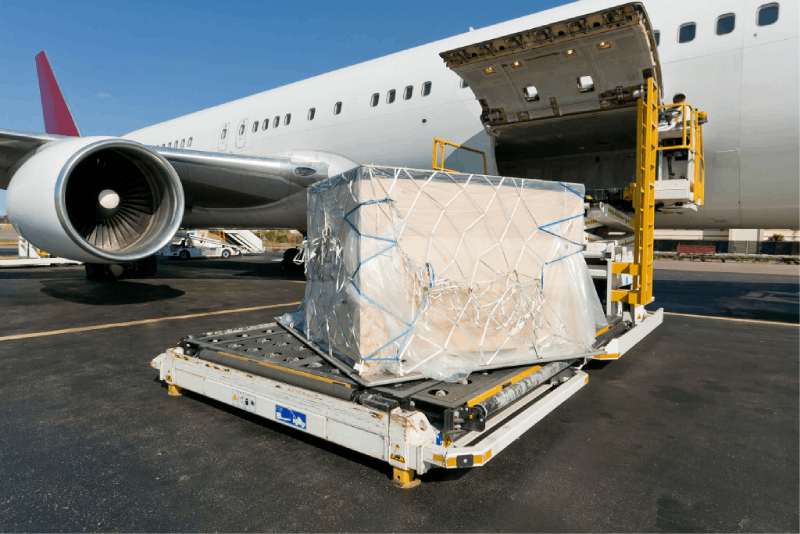Welcome to GLA! Leading the global logistics alliance.


Your location:Home > News > The popularity of the air cargo market has declined, the cargo volume and demand have also declined
Time:2022-05-07 Publisher:Kevin Num:2578

Recently, the demand for shipping containers has shown a downward trend.
Triton, a container leasing company, said that although the current market situation is still good, it has indeed declined compared with last year and is closer to the market normal.
On the other hand, the heat of the air cargo market has also decreased.
According to the data of the International Air Transport Association (IATA), due to the adverse impact of the conflict between Russia and Ukraine and the COVID-19, the air cargo demand and cargo volume decreased in March and April.
IATA said that the demand for air cargo in March fell by 5.2% year-on-year; In April, the global air cargo volume decreased by nearly 8% compared with last year.
It is reported that the growth rate of air cargo demand has slowed from 6.9% in 2021 to 2.7% this year, and the demand so far this year is even lower than that in 2019.
As we all know, export orders are an important indicator to measure the demand for goods. Now, however, new export orders are decreasing in all markets except the United States.
"The Russian Ukrainian conflict and the spread of the Omikron variant in Asia have led to rising energy costs, exacerbated supply chain disruptions and increased inflationary pressure," said Willie Walsh, director general of IATA.
"As a result, the volume of cargo, including air transport, has decreased compared with a year ago. It is expected that air cargo will face increasing challenges as the passenger transport market accelerates its recovery."

European airlines reported the largest drop in volume in March, down 11.1% from 2021. Demand from North American Airlines fell 0.7%.
The trans Pacific market fell sharply, with seasonally adjusted freight volume falling by 9.2% and capacity increasing by 6.7%.
The cargo volume of Middle East Airlines decreased by 9.7% year-on-year, because the expected revenue of diverting southbound to avoid flying over Russian airspace failed to be realized.
However, the decline in cargo volume did not lead to a reduction in the overall air freight rate. The spot freight in April was nearly 2.5 times higher than that in 2019, even slightly higher than that in March. Clive's data show that air cargo prices rose 26% year-on-year.
The trade routes between North America and Northern Europe illustrate the disconnect between demand, supply and pricing.
Despite the influx of more airliners during the busy summer travel season, the flight delays caused by the airport backlog have reduced the effective capacity of transatlantic routes.
IATA director general Glyn Hughes said that the high freight charges related to inflation may actually be conducive to the development of air cargo.
Because companies that fund orders or advance orders may want to speed up shipments so that products do not lose value by staying at sea. In the past 18 months, the shipping time has increased two to three times.
2019 the 7th GLA Panel Discussion Wonderful Review
Prev:Welcome! Membership Renewal from India ———— YGL Logistics India Private LimitedNext:Welcome! Membership Renewal from Latvia ———— INTELLOG
Recommended Membership
Latest News